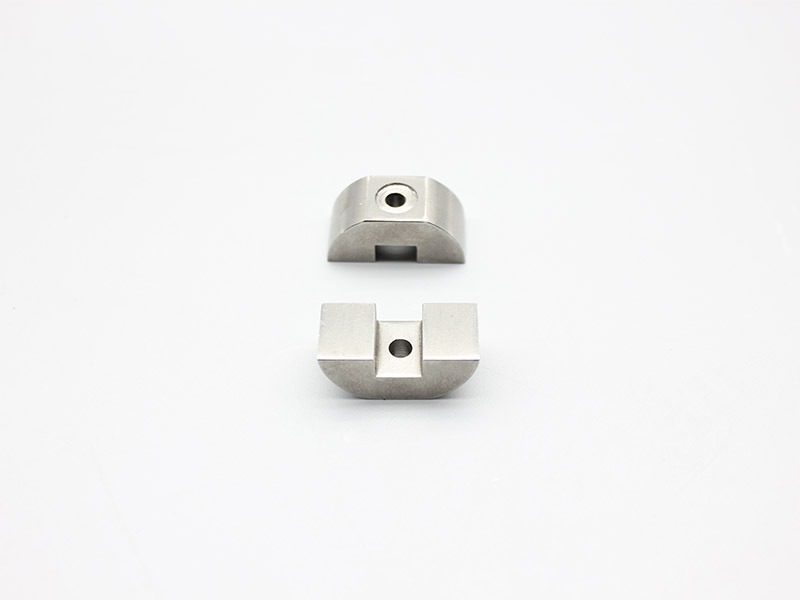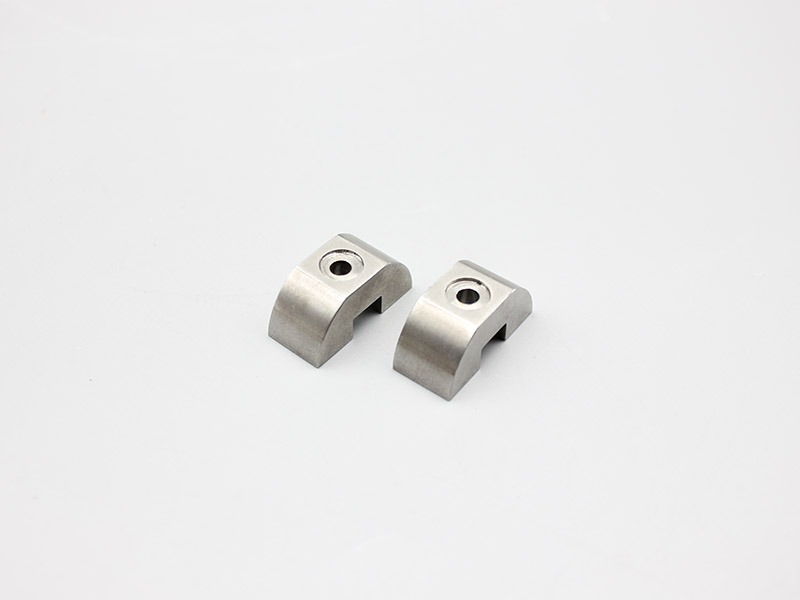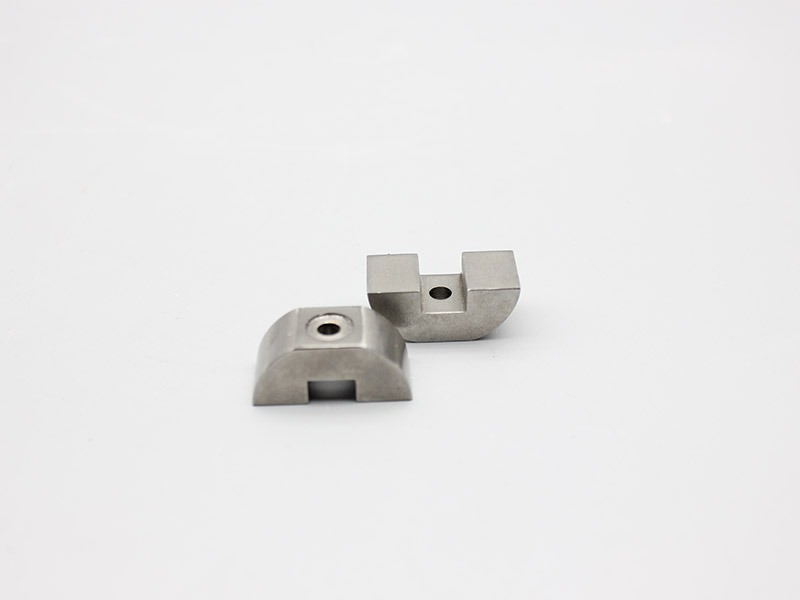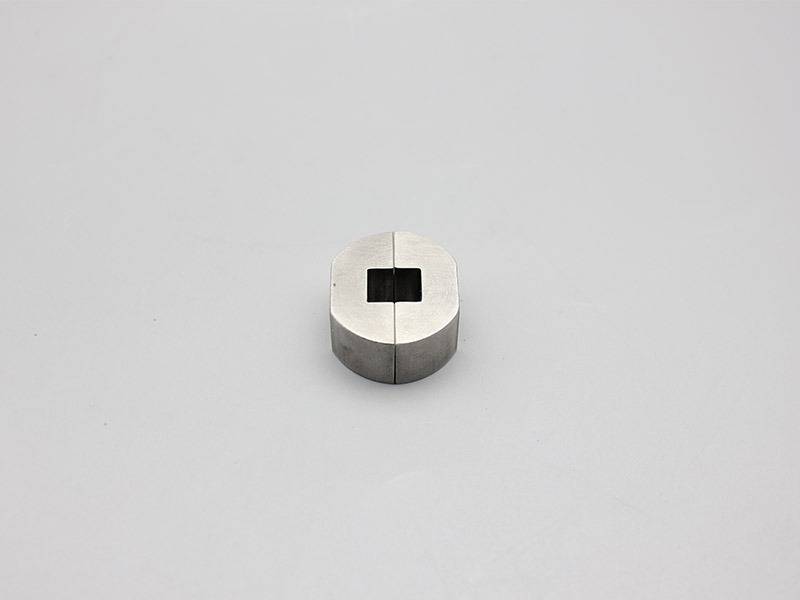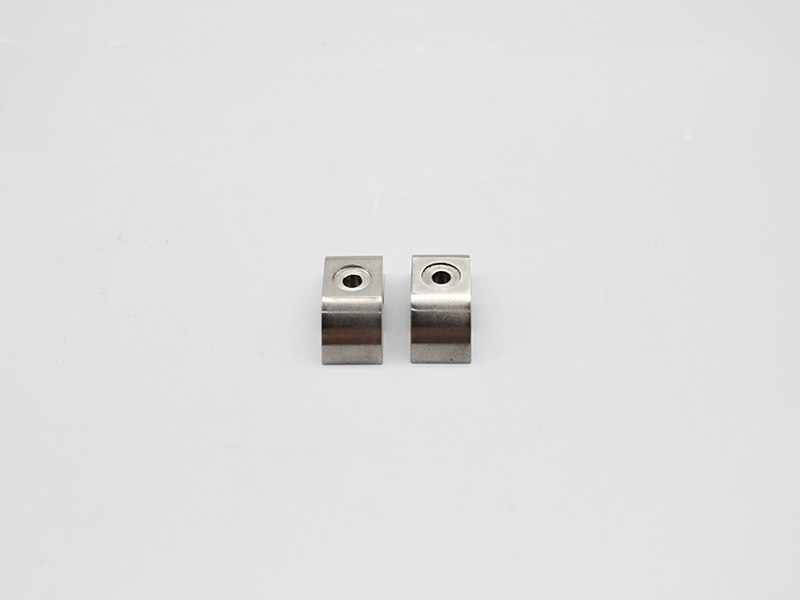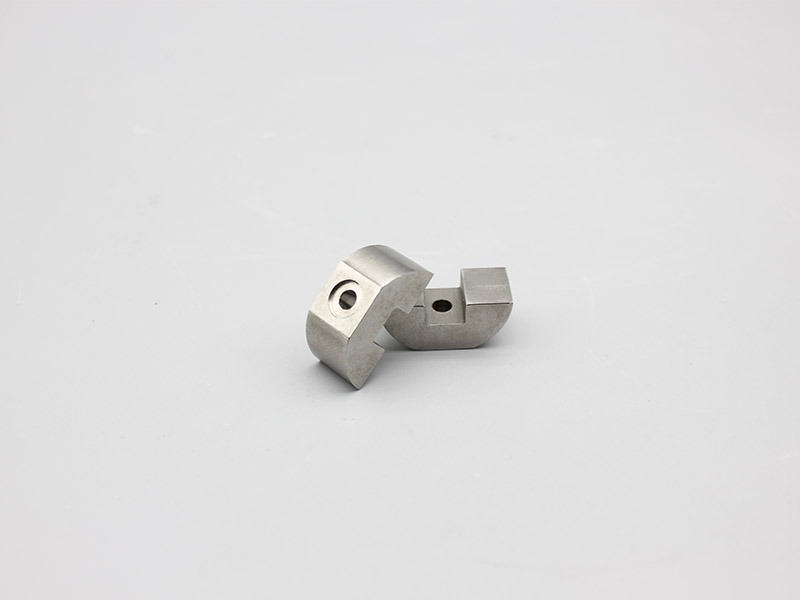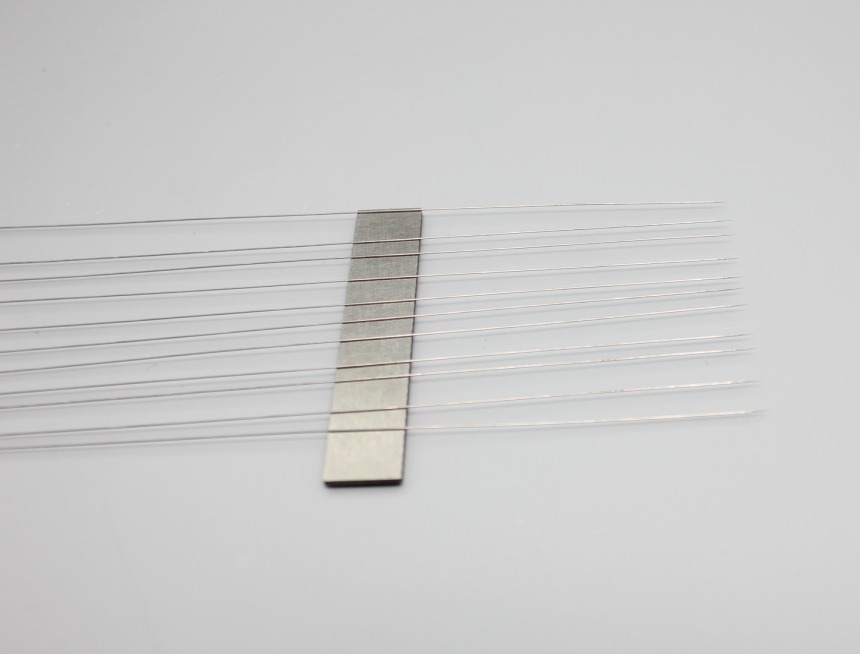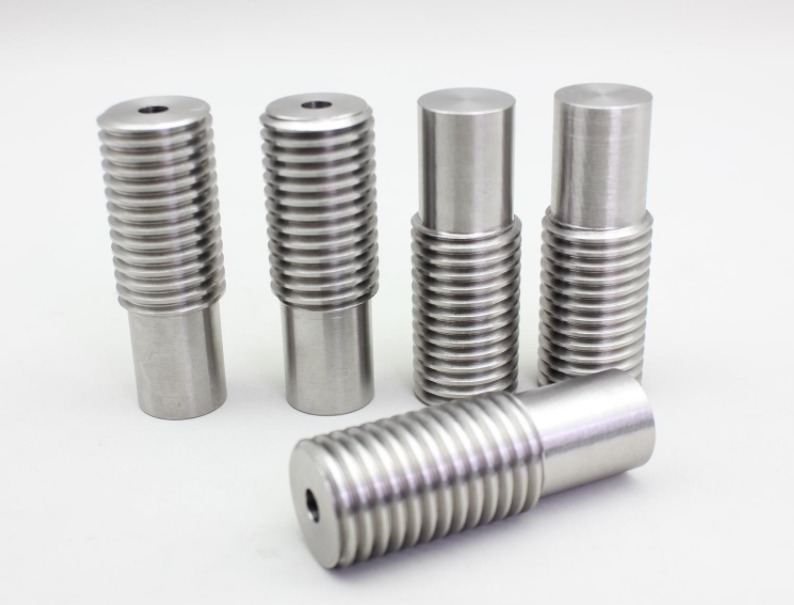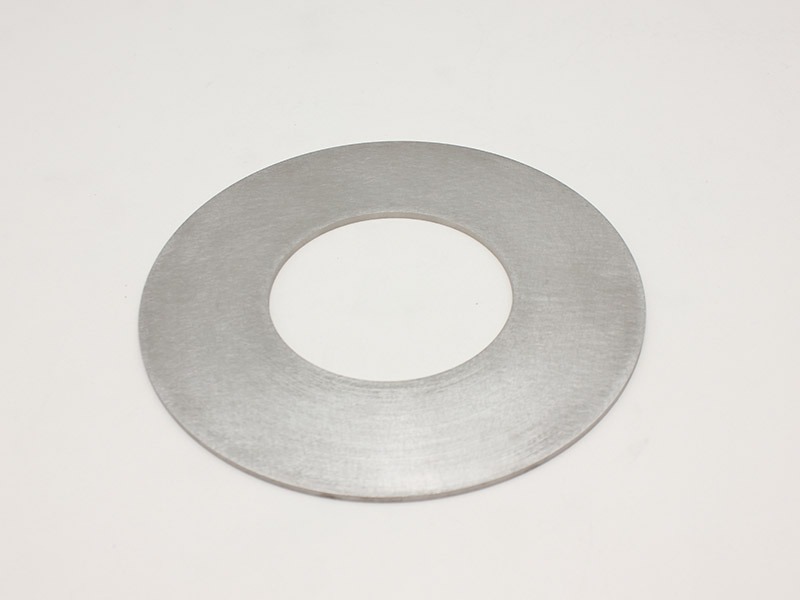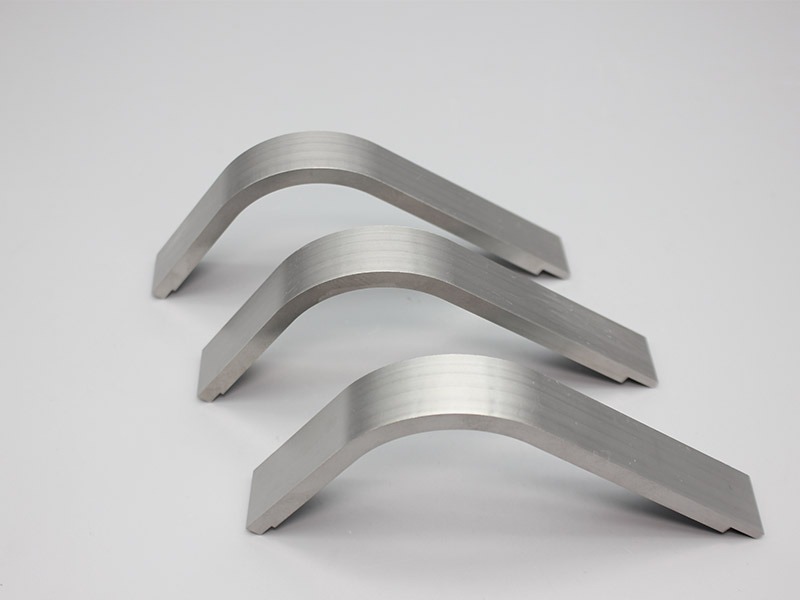Tungsten alloy arch block for industrial
| Payment Type: | T/T |
| Incoterm: | FOB,CIF,EXW,FCA,Express Delivery |
| Min. Order: |
500 Piece/Pieces |
| Transportation: | Ocean,Air,Express |
Attributes
Model No.: JDTG-CM-020
Brand: ZZJD
Place Of Origin: China
Size: 4mm
Material: WNiCu
Constituent: WCu7~WCu50
Application1: Aerospace
Application2: Automotive
Applicaiton3: Electronics
Application4: Manufacturing
Processing Method: Fine processing
PACKAGING & DELIVERY
Selling Units : Piece/Pieces
Package Type : Standard export packing
DESCRIPTION
Tungsten heavy alloy arch block is a type of metal alloy that contains varying amounts of tungsten, nickel and copper. These three elements are combined to create a material that exhibits a range of desirable properties, including high strength, good thermal and electrical conductivity, and excellent resistance to corrosion and wear. Tungsten is a dense and hard metal that is often used in alloys to increase their strength and durability. It is also highly resistant to heat and corrosion, making it an ideal material for use in high-temperature and corrosive environments.
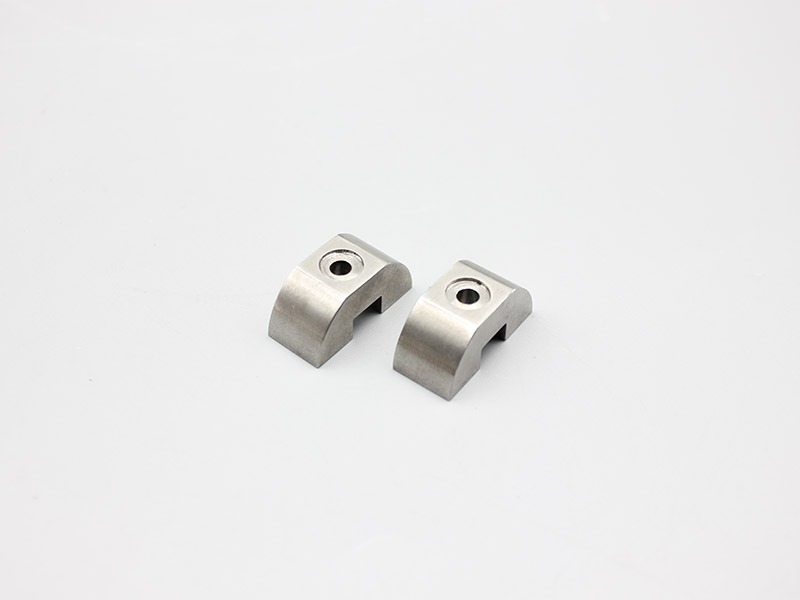
The specific properties of a Tungsten Alloy arch block will depend on the exact composition and processing methods used to create it. They are used in a wide range of applications, including aerospace, automotive, electronics, and manufacturing. This can be used in used in the production of high-strength parts such as machine tool blades, wave box gears, and other components that require high density and strength.
Tungsten alloy arch blocks, known for their high density and strength, can be utilized in various industrial processes where precision and durability are paramount. Here are some applications where such components might be employed:
-
Balancing Components: In machinery where balance is critical for performance, such as in automotive engines, industrial equipment, and aerospace applications.
-
Vibration Control: To dampen vibrations in high-speed rotating machinery, reducing noise and wear.
-
Radiation Shielding: In medical devices, nuclear facilities, and scientific research, where dense materials are needed to absorb or deflect radiation.
-
Precision Instrumentation: In instruments that require high stability and resistance to external forces, such as in metrology and surveying equipment.
-
Sporting Equipment: In high-performance sports equipment where weight distribution is crucial, like in golf clubs, fishing weights, or archery equipment.
-
Counterweights: In cranes, elevators, and other lifting equipment to counterbalance the load.
-
Kinetic Energy Penetrators: In military applications for armor-piercing projectiles.
-
Weighted Tools: For tools that require additional weight for operation, such as in drilling or demolition.
-
Educational and Research Tools: In laboratories for experiments requiring precise weight distribution or calibration.

 EN
EN AR
AR FR
FR DE
DE HI
HI IT
IT JA
JA KO
KO PT
PT RU
RU ES
ES ID
ID LV
LV VI
VI HU
HU MS
MS GA
GA BE
BE YI
YI EU
EU